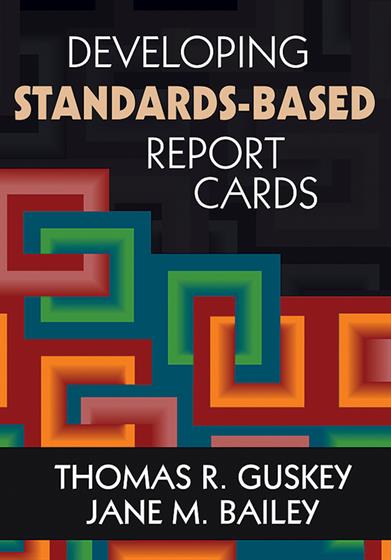Hands-on, Practical Guidance for Educators
From math,
literacy, science, equity, multilingual learners, and SEL, to assessment, school counseling,
and education leadership, our books are research-based and authored by experts
on topics most relevant to what educators are facing today.

Bestseller!
Developing Standards-Based Report Cards
Providing a clear framework, this volume helps school leaders align assessment and reporting practices with standards-based education and develop more detailed reports of children’s learning and progress.
Product Details
- Grade Level: K-12
- ISBN: 9781412940870
- Published By: Corwin
- Year: 2009
- Page Count: 248
- Publication date: November 17, 2009
Review Copies
This book is not available as a review copy.


